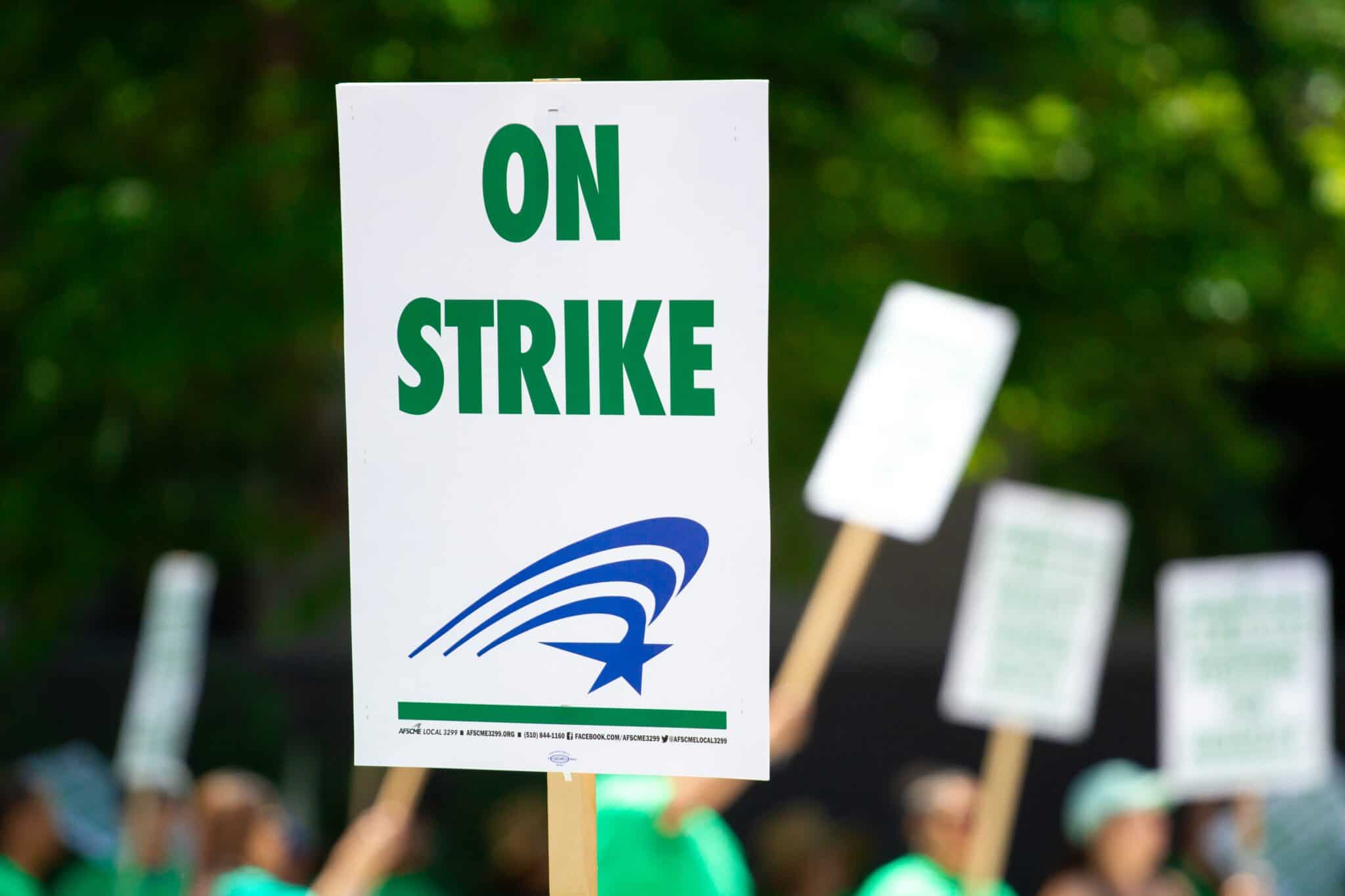Nikita Rumsey is a student at Harvard Law School.
The Hotel Association of New York City filed suit this week alleging that a New York City law requiring certain large hotels that shuttered during the pandemic to pay laid-off workers $500 in weekly severance is preempted by federal law. According to Bloomberg, the law, signed by Mayor Bill de Blasio on October 5, stipulates that if a large hotel that laid off more than three-quarters of its workforce or closed entirely during the Covid-19 pandemic has failed to reopen by November 1, it will be required to pay out weekly $500 severance benefits to laid-off employees for up to 30 weeks. According to the hotel association, which is represented by Reed Smith, the law should be invalidated as preempted by the federal Employee Retirement Income Security Act (ERISA) because it requires hotels to establish and maintain new employee benefit plans. In addition, the complaint alleges that the city law impermissibly interferes with New York State’s comprehensive regulation of labor issues and falls outside the specific areas of law in which municipalities are authorized to legislate under New York’s Municipal Home Rule Law. The association warns that the law will potentially cost the city’s hotels more than $150 million and will inadvertently cause more hotels to close than reopen.
In California, Governor Gavin Newsom signed into law AB 237, the Public Employee Protection Action, which requires California’s public sector employers to maintain workers’ health insurance coverage during a strike. According to a press release issued by the bill’s sponsor, AFSCME Local 3299, the University of California’s largest employee union, the law passed both houses of the California legislature with bipartisan support, and was backed by a broad coalition of labor unions. As Local 3299 President Kathryn Lybarger noted, “AB 237 will prevent public employers from subverting that lawful process by withholding previously negotiated health benefits from our families. The law makes it explicit that if any public employer cuts off health benefits during a strike, it would be would be liable to the affected employees and their family members for all of their actual health care expenses.”
The New York Times provided a glimpse into the contemporary crisis of child care as seen in Greensboro, North Carolina, where parents spend more for child care than they do on their mortgages, yet child care workers make pennies on the dollar and centers cannot hire enough staff. The Times noted that one family paid almost $2,000 a month for their two boys’ care, roughly a third of their income and far more than their mortgage, and yet one of the teachers at the preschool earns so little—$10 an hour—that she also works part-time at Starbucks where the pay is 50% higher and includes health insurance. According to the Times, apparently the center’s director wants to raise wages to address severe staffing shortages but has little room to pass along costs to parents already stretched.
To address what many see as a fundamental market failure—that child care is simply more costly than what many families can afford—President Biden is pushing a plan to bridge the gap with federal subsidies by capping families’ child care expenses at 7% of income, offering large subsidies to child care centers, and requiring that such centers provide higher wages in hopes of improving teacher quality. Additionally, the plan would provide universal prekindergarten for an additional $200 billion. Yet despite the plan’s good economics, with right-wing Democrats balking at the ten-year $3.5 trillion price tag for the broader social policy bill, it remains unclear how much of Biden’s proposal will make it into the final bill.






Daily News & Commentary
Start your day with our roundup of the latest labor developments. See all
July 4
The DOL scraps a Biden-era proposed rule to end subminimum wages for disabled workers; millions will lose access to Medicaid and SNAP due to new proof of work requirements; and states step up in the noncompete policy space.
July 3
California compromises with unions on housing; 11th Circuit rules against transgender teacher; Harvard removes hundreds from grad student union.
July 2
Block, Nanda, and Nayak argue that the NLRA is under attack, harming democracy; the EEOC files a motion to dismiss a lawsuit brought by former EEOC Commissioner Jocelyn Samuels; and SEIU Local 1000 strikes an agreement with the State of California to delay the state's return-to-office executive order for state workers.
July 1
In today’s news and commentary, the Department of Labor proposes to roll back minimum wage and overtime protections for home care workers, a federal judge dismissed a lawsuit by public defenders over a union’s Gaza statements, and Philadelphia’s largest municipal union is on strike for first time in nearly 40 years. On Monday, the U.S. […]
June 30
Antidiscrimination scholars question McDonnell Douglas, George Washington University Hospital bargained in bad faith, and NY regulators defend LPA dispensary law.
June 29
In today’s news and commentary, Trump v. CASA restricts nationwide injunctions, a preliminary injunction continues to stop DOL from shutting down Job Corps, and the minimum wage is set to rise in multiple cities and states. On Friday, the Supreme Court held in Trump v. CASA that universal injunctions “likely exceed the equitable authority that […]